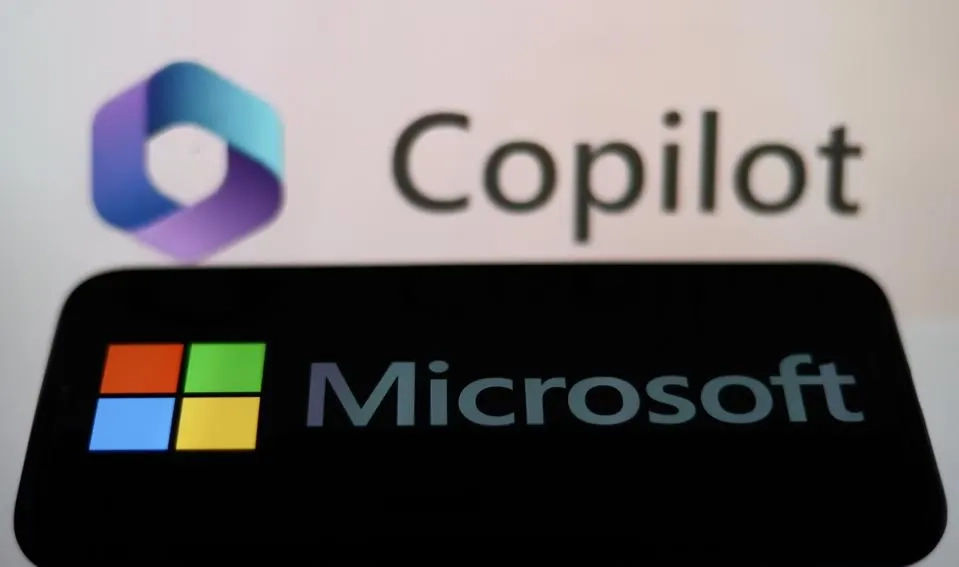Microsoft">Microsoft is aggressively advancing AI integration across its consumer products, aiming to lead in making AI assistants ubiquitous and useful.
At its autumn event, Microsoft unveiled Copilot, its new AI assistant coming later this month to Windows 11 and Office 365. It uses large language models to provide personalized, context-aware help.
Additionally, Microsoft previewed major AI enhancements to Bing leveraging OpenAI’s powerful Dall-E image generator. It’s also upgrading Paint, Photos, and other native apps with AI creativity features.
This builds on Microsoft’s extensive AI investments in 2022, including acquisitions, research, and partnerships with Nvidia. The goal is making AI a seamless daily utility across devices.
With Copilot, Microsoft wants to provide the capable AI assistant that Cortana never quite became. It claims Copilot uniquely incorporates web knowledge to understand user needs and provide relevant help.
Microsoft 365 Chat takes it further by combining documents, emails, meetings and more to act as an AI productivity assistant. This could give Microsoft an edge against Google’s competitive AI office suite integrations.
By tightly integrating AI across Windows and Microsoft software, the company aims to make its ecosystem indispensable – and gain advantage in the cloud computing wars against rivals.
If consumers adopt Copilot and its AI offerings, it could be a huge win for Microsoft. But the product has to overcome barriers like consumer distrust. Microsoft is making a bold bet, but AI’s potential is too transformative for tech giants to ignore.




